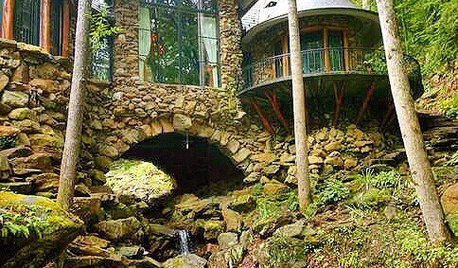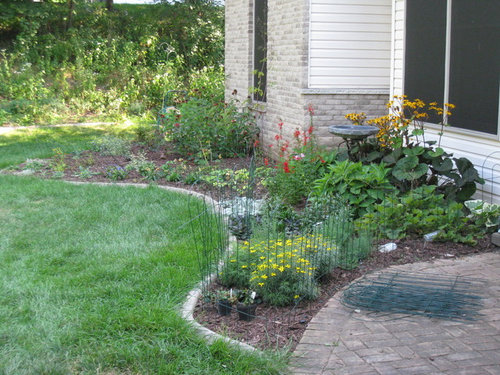Claymend...Too good to be true?
greenthumbon1hand
10 years ago
Featured Answer
Comments (38)
nc_crn
10 years agonc_crn
10 years agoRelated Professionals
Lowell Landscape Architects & Landscape Designers · Camp Verde Landscape Contractors · Englewood Landscape Contractors · Lynn Landscape Contractors · Manhattan Landscape Contractors · Mason Landscape Contractors · Point Pleasant Landscape Contractors · Tinton Falls Landscape Contractors · Wheat Ridge Landscape Contractors · Boise Decks, Patios & Outdoor Enclosures · Fairfax Decks, Patios & Outdoor Enclosures · Garden City Decks, Patios & Outdoor Enclosures · Issaquah Decks, Patios & Outdoor Enclosures · Oak Ridge Decks, Patios & Outdoor Enclosures · Salem Decks, Patios & Outdoor EnclosuresKimmsr
10 years agogreenthumbon1hand
10 years agonil13
10 years agoHumicGreen
10 years agoKimmsr
10 years agoHumicGreen
10 years agoKimmsr
10 years agonancyjane_gardener
10 years agoGrdnGreen
10 years agotoxcrusadr
10 years agonc_crn
10 years agonc_crn
10 years agopiedmontnc
10 years agotoxcrusadr
10 years agoHorto-Mike
10 years agopnbrown
10 years agoHorto-Mike
10 years agotoxcrusadr
10 years agoHumicGreen
10 years agoTheMasterGardener1
10 years agoHumicGreen
10 years agoKimmsr
10 years agotoxcrusadr
10 years agoHorto-Mike
10 years agotheparsley
7 years agoJason Samfield
7 years agotoxcrusadr
7 years agotheparsley
7 years agolast modified: 7 years agoJason Samfield
7 years agodarth_veeder
7 years agokimmq
7 years agotoxcrusadr
7 years agowaynedanielson
7 years agotoxcrusadr
7 years agoFrank Williams
last year
Related Stories

FEEL-GOOD HOME8 Nordic Secrets to Exude True Warmth at Home
Cultivating cheerfulness in winter's darkness is a Northern European specialty. Try these tips to boost your own home's coziness
Full Story
DECORATING GUIDESMy Houzz: Family Home Stays True to Style
A new mother creates a home that’s warm and welcoming for her daughter and yet still reflects her own taste
Full Story
LIFETrue Confessions of a House Stalker
Letting go when a new owner dares to change a beloved house's look can be downright difficult. Has this ever happened to you?
Full Story
LIFE10 Things Night Owls Know to Be True
Love being up while the world slumbers? Prefer a really late bedtime to an early night? These observations on night owl life may ring true
Full Story
COLOR12 Tried-and-True Paint Colors for Your Walls
Discover one pro designer's time-tested favorite paint colors for kitchens, baths, bedrooms and more
Full Story
True Grit: Classic, Old-West Style Design
Design Eye on the Oscars: How to Bring a Little True Grit Home
Full Story
HOUSEKEEPING10 Things Neat Freaks Know to Be True
Do you err on the incredibly tidy side? Then you probably already live by these nuggets of neat wisdom
Full Story
FUN HOUZZ31 True Tales of Remodeling Gone Wild
Drugs, sex, excess — the home design industry is rife with stories that will blow your mind, or at least leave you scratching your head
Full Story
MOVING9 Things New Homeowners Know to Be True
Just moved into a new home? Congratulations! The fun is about to begin
Full Story
MODERN ARCHITECTUREHouzz TV: This Amazing Lake House Made a Couple’s Dream Come True
Step inside a dream home on Lake Austin, where architecture celebrating gorgeous views has a striking beauty of its own
Full StoryMore Discussions








Jason Samfield